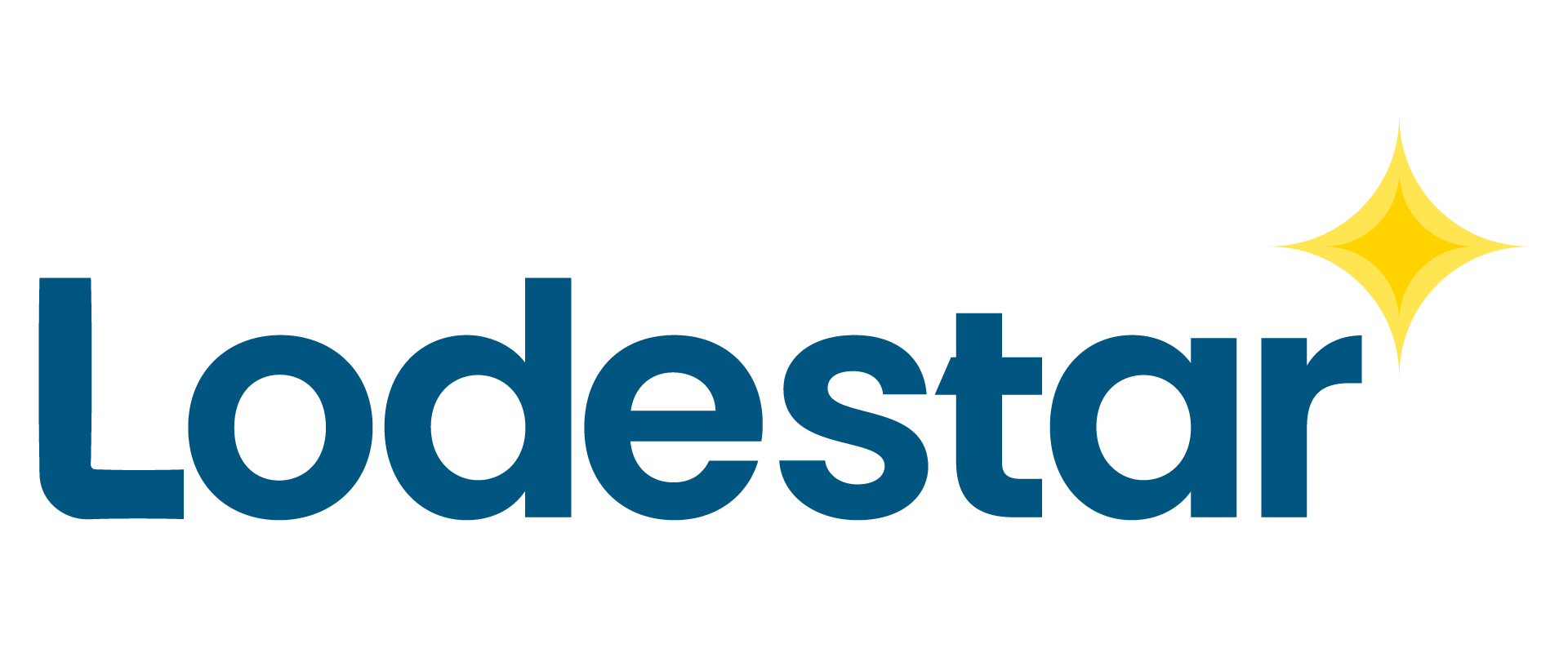As credit unions continue to embrace the world of data analytics, there is one bogeyman that continues to rear its ugly head: data governance. Although it might not be the sexiest component of an enterprise data strategy, data governance is important for many reasons.
Implementing and enforcing a data governance framework will ensure your organization is working with clean and accurate data. This is especially important when its time to transform that data into reliable insights that can be used for strategic decisions.
Additionally, a data governance framework should include a comprehensive data dictionary, which will ensure that all business units are operating under the same definitions, leading to consistency throughout the organization. For example, all areas will use the same logic to define a member.
And perhaps most importantly, your data governance framework should identify what types of data everyone in your organization can access. Financial institutions are privy to sensitive data about their members. It is critical that access to this data is controlled and monitored.
The benefits of data governance are hard to argue, so why is it such a burden for credit unions to define their framework? Read on for some common struggles and ways the right data analytics partner can help.
Siloed Data Sources And Strategies
Challenge:Financial institutions that are starting their data journey might struggle to gain an understanding of all the disparate data sources at play as well as the ways various departments are using the data from these systems.
Solution:Integrating key data sources into a single, multi-source data warehouse is an excellent way to start breaking down the siloes that exist at every financial institution. Bringing all your data into a single platform allows you to create and maintain a data governance strategy around that unified source of truth rather than separate governance around each individual application.
This single data warehouse also makes it possible to manage one set of security permissions rather than trying to keep up with permissions for dozens of siloed applications.
In addition, the data warehouse project provides a great opportunity for your analytics partner to begin compiling your data dictionary.
Data Quality Exceptions
Challenge: As you start to use data more heavily, you will likely begin to uncover a myriad of data quality exceptions. When these exceptions are identified, many financial institutions simply correct the errors and move on. More mature organizations, however, analyze the exceptions to identify the root cause.
Solution: Upon diving into the root cause, you might find a one-time cleanup effort is needed. For example, bad data might have been carried over as the result of a prior system conversion or merger. Your data analytics partner can perform updates to the database to correct those one-time quality issues.
On the other hand, you might find ongoing remediation is necessary. In this scenario, your data partner can create reporting processes that will continually monitor your data for exceptions, provide workflows for correcting these exceptions, and allow you to report on the types, frequency, and severity of exceptions.
Lack Of Ownership And Understanding
Challenge:When defining their data strategy, financial institutions often fail to outline the roles associated with data governance. If nobody takes ownership of this discipline, it can quickly fall off the radar. The longer it stays off the radar, the harder it can be to pick back up and get started. Even credit unions that aim to assign ownership can experience challenges finding someone with both the capacity and the ability to lead a data governance strategy.
Solution:Although it is important to have individuals in-house who understand and can execute your data strategy, a trusted partner can work with you to fill any gaps. Your data analytics partner should have the expertise and experience to provide best practices or even take over this role altogether. The right partner can help you understand and update your data dictionary, build out a process for controlling appropriate access levels, review data quality exceptions, and more.
Like it or not, data governance is here to stay, but you do not have to be alone in your data governance efforts. Leverage the skills and expertise of a trusted partner, like Lodestar Technologies, to ensure your data governance framework and data analytics strategy are setting you up for success now and for years to come.
Lodestar Technologies is a data analytics provider specializing in both best-in-class technology as well as full-service technical and strategic support services. Interested in learning more about Lodestar and how it supports clients as they assess, define, and refine their data governance plans? Visit Lodestar Technologies online at lodestartechnologies.com.
